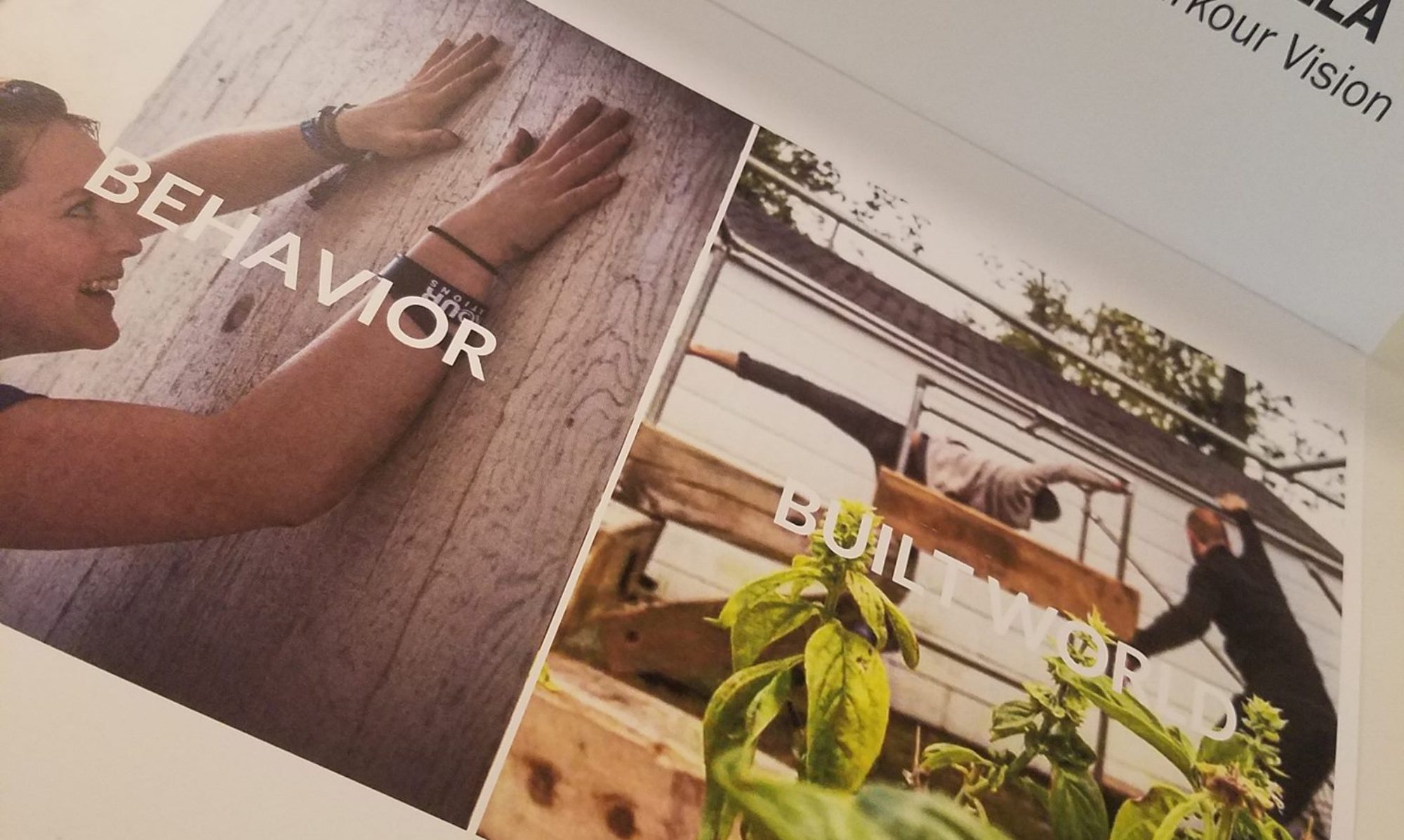“Respect yourself enough to walk away from anyone or anything that no longer serves you, grows you, or makes you happy”
🤔The last year I have spent a lot of time meditating on relationships, and observing both others and myself in relationships–whether it be with family, friends, or partners.
I should start first by saying that tension is a natural element of any relationship, as is conflict. But I am going to speak to when tension tips over into toxicity, when it goes from healthy to harmful.
And some of the most common markers I’ve noticed in unhealthy relationships, and the unhappiness that accompanies them, are
1️⃣️️ an unwillingness to set, maintain, and respect boundaries,
2️⃣️ a consistent and habitual willingness to forego and compromise on personal needs, and
3️⃣ a slow growing complacency with mistreatment.
(Not to mention a breakdown in communication)
I’ve been there, and understand some of the psychology behind it. And often times, we wish to give those we love the benefit of the doubt, another chance, patience in their growth despite the harm they cause, and more. We see their potential, and perhaps who they could be as their best self. We believe they can grow and change. And, in most cases, many of the good things we love about them are still there right alongside all the bad.
So, really, I *can* appreciate where the excuse-making, chance-giving, exception-granting, and tireless patience comes from (out of love)–but what I have learned to see and wish others to see is that doing these things are a form of self-harm.❌Every time we grant a toxic person another exception, excuse, chance, etc, we forego our own needs, weaken our own boundaries, and open the door to compromising ourselves and our happiness
📖When I read back on my annual reflection/post from earlier this year, I was struck again by this call to action I wrote:
➡️Stop putting up with people in your life who drain you.
➡️Stop making excuses and granting chances
➡️Stop waiting for people to come back, to change, to give a damn.
➡️Stop standing for people who don’t stand for you.”
I still believe this is a worthwhile meditation and reminder. However, I want to add: ❕That it is OKAY to stop❕
It is OKAY to remove someone from your life — even those that you still love and care about– if they are causing harm or affecting you negatively. Not only is it OKAY, it is the right thing to do.
▫️Is it hard? Likely.
▫️But is it healthy? Yes.
Because each person has a limited amount of time, energy, and love to give. And, every time we invest in people who harm our happiness, who overstep boundaries, who refuse to communicate, who aren’t helping us grow, we are actively working against ourselves.
As this post started:
“Respect yourself enough to walk away from anyone or anything that no longer serves you, grows you, or makes you happy”
Because… when you do this… when you REALLY do this, you will discover that instead of losing something, in fact you will have opened yourself up to new connections, new growth, new friendship, and new love, including self-love.❤️


